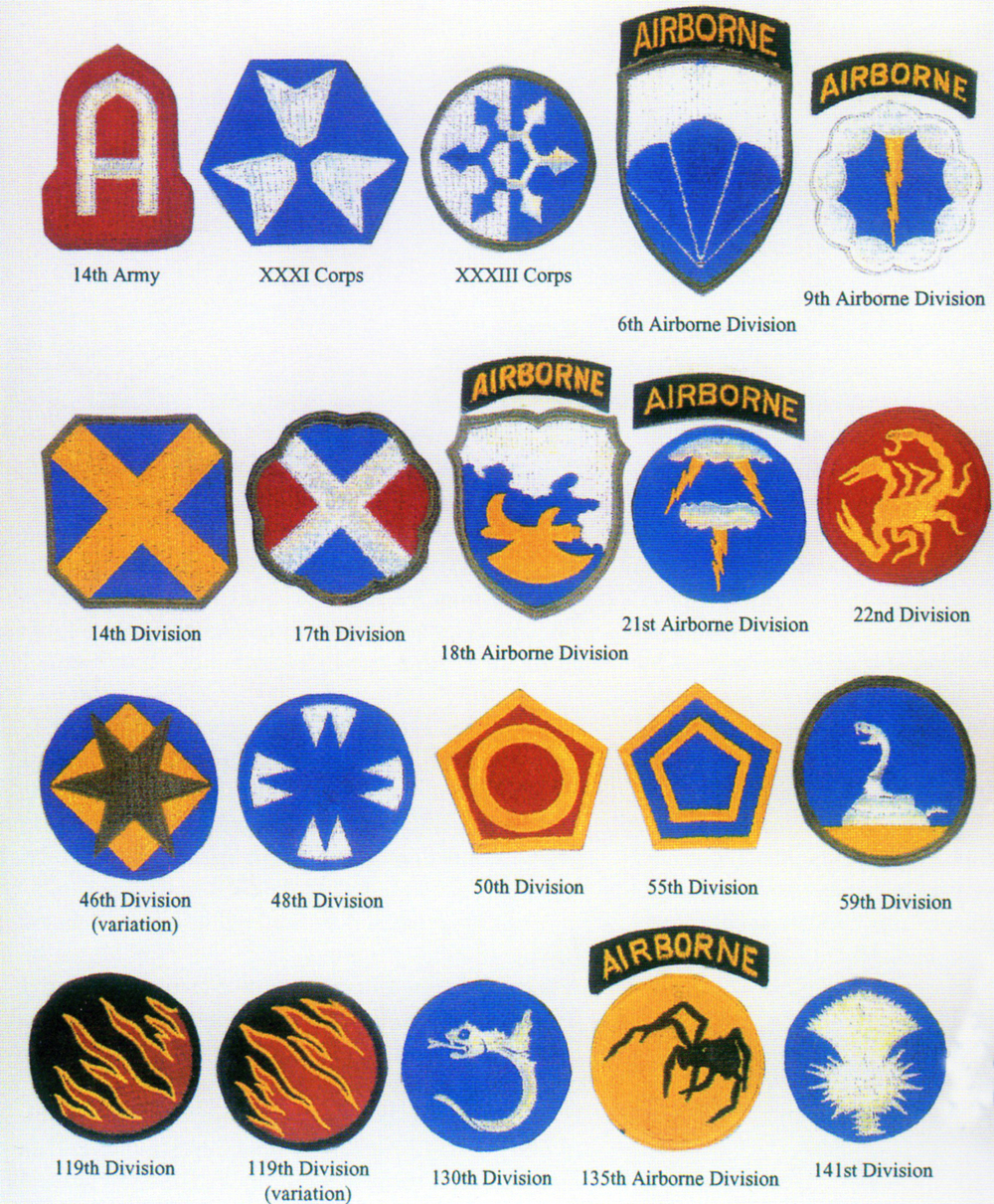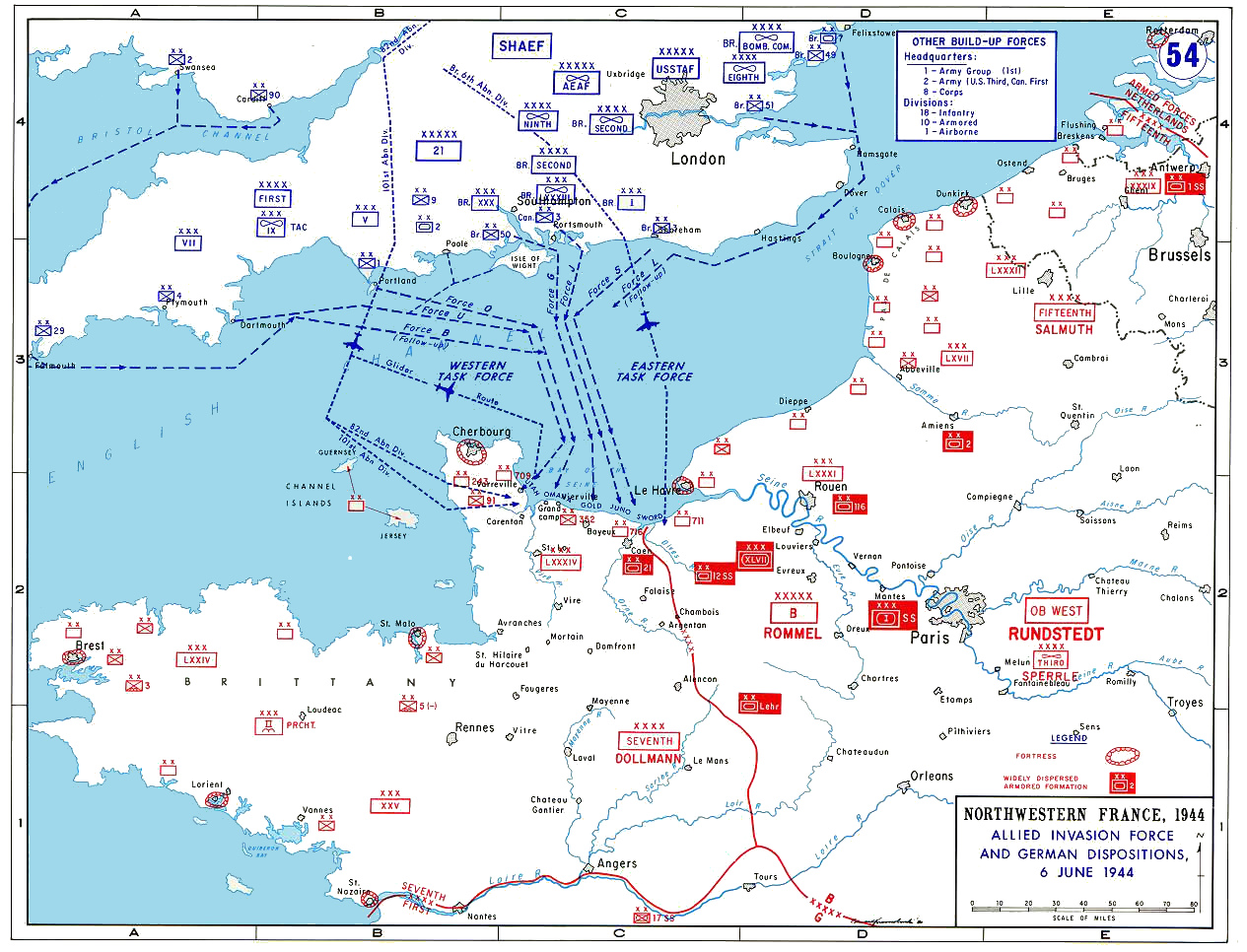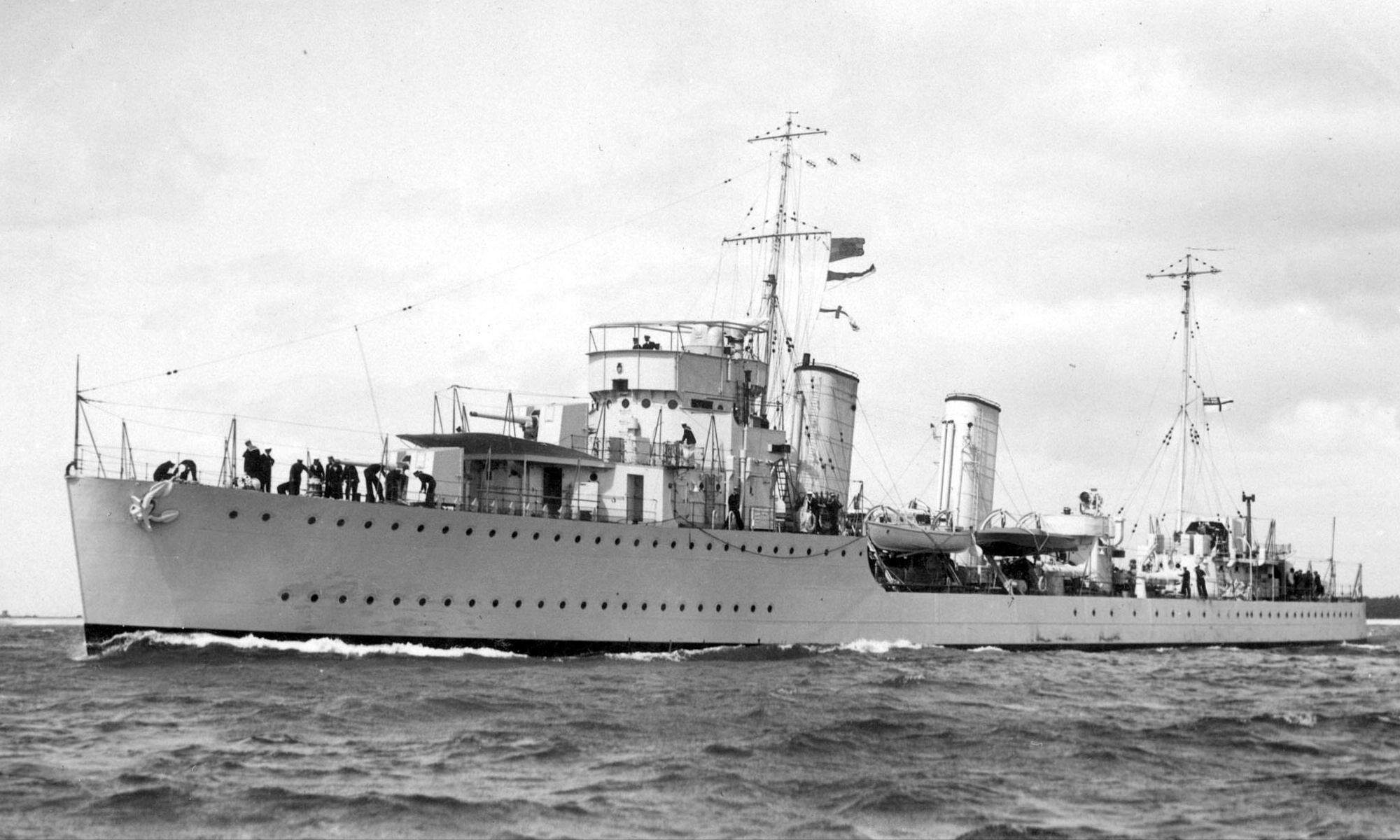|
W. Sidney Allen
William Sidney Allen, (18 March 1918 – 22 April 2004), was a British linguist and philologist, best known for his work on Indo-European phonology. Early life and undergraduate education Allen was born in north London, the elder son of William Percy Allen, a maintenance engineer in a printing works, and Ethel Pierce, the daughter of a compositor. From childhood, he was primarily known as 'Sidney', to avoid confusion with his father. After a year at private school, Allen was educated at a local council school before attending Christ's Hospital on a scholarship. On the advice of his form master, Derrick Macnutt (a fellow Classicist, better known as the crossword compiler 'Ximenes'), he sat the entrance exam to read Classics at Trinity College, Cambridge in 1937, and was awarded a major scholarship. As an undergraduate at Trinity, his teachers included Harold Walter Bailey, professor of Sanskrit, and N. B. Jopson, later president of the Philological Society. Military servi ... [...More Info...] [...Related Items...] OR: [Wikipedia] [Google] [Baidu] |
Fellow Of The British Academy
Fellowship of the British Academy (post-nominal letters FBA) is an award granted by the British Academy to leading academics for their distinction in the humanities and social sciences. The categories are: # Fellows – scholars resident in the United Kingdom # Corresponding Fellows – scholars resident overseas # Honorary Fellows – an Honorary title (academic), honorary academic title (whereby the post-nominal letters "Hon FBA" are used) # Deceased Fellows – Past Fellows of the British Academy The award of fellowship is based on published work and fellows may use the post-nominal letters ''FBA''. Examples of Fellows are Edward Rand; Mary Beard (classicist), Mary Beard; Roy Porter; Nicholas Stern, Baron Stern of Brentford; Michael Lobban; M. R. James; Friedrich Hayek; John Maynard Keynes; Lionel Robbins; and Rowan Williams. See also * List of fellows of the British Academy References Fellows of learned societies of the United Kingdom, British Academy Fello ... [...More Info...] [...Related Items...] OR: [Wikipedia] [Google] [Baidu] |
Derrick Somerset Macnutt
Derrick Somerset Macnutt (29 March 1902 – 29 June 1971) was a British crossword compiler who provided crosswords for ''The Observer'' newspaper under the pseudonym Ximenes. His main oeuvre was blocked-grid and "specialty" puzzles. Even though he only provided conventional blocked puzzles once a week for the ''Observer'' Everyman series for about two years, his strong views on clueing, expressed in his 1966 book, have been a source of debate in the cryptic crossword world ever since. Background Macnutt was born at Eastbourne in Sussex and was educated at Marlborough College before achieving a Double First in classics at Jesus College, Cambridge. Career Between 1928 and 1963, Macnutt held the position of Head of Classics at Christ's Hospital near Horsham, West Sussex, as well as being a housemaster. The historian Norman Longmate wrote that he was the " James Boyer of his day, a notable teacher of the classics, respected, even liked, by his older pupils, dreaded by the younger ... [...More Info...] [...Related Items...] OR: [Wikipedia] [Google] [Baidu] |
Second Army (United Kingdom)
The British Second Army was a Field Army active during the First and Second World Wars. During the First World War the army was active on the Western Front throughout most of the war and later active in Italy. During the Second World War the army was the main British contribution to the Normandy landings on 6 June 1944 and advance across Europe. First World War The Second Army was part of the British Army formed on 26 December 1914, when the British Expeditionary Force was split in two due to becoming too big to control its subordinate formations. The army controlled both III Corps and IV Corps. Second Army spent most of the war positioned around the Ypres salient, but was redeployed to Italy as part of the Italian Expeditionary Force between November 1917 and March 1918. In 1919 it was reconstituted as the British Army of the Rhine.Edmonds (1987) Commanders * 1914–1915 General Sir Horace Smith-Dorrien * 1915–1917 General Sir Herbert Plumer * 1917–1918 General Si ... [...More Info...] [...Related Items...] OR: [Wikipedia] [Google] [Baidu] |
Victory In Europe Day
Victory in Europe Day is the day celebrating the formal acceptance by the Allies of World War II of Germany's unconditional surrender of its armed forces on Tuesday, 8 May 1945; it marked the official surrender of all German military operations. Most former Soviet countries, and some others, celebrate on 9 May, as Germany's unconditional surrender entered into force at 23:01 on 8 May Central European Summer Time; this corresponded with 00:01 on 9 May in Moscow Time. Several countries observe public holidays on the day each year, also called Victory Over Fascism Day, Liberation Day, or Victory Day. In the UK, it is often abbreviated to VE Day, a term which existed as early as September 1944, in anticipation of victory. History Adolf Hitler, the Nazi leader, had committed suicide on 30 April during the Battle of Berlin, and Germany's surrender was authorised by his successor, '' Reichspräsident'' Karl Dönitz. The administration headed by Dönitz was known as the Flensb ... [...More Info...] [...Related Items...] OR: [Wikipedia] [Google] [Baidu] |
Normandy Landings
The Normandy landings were the landing operations and associated airborne operations on 6 June 1944 of the Allies of World War II, Allied invasion of Normandy in Operation Overlord during the Second World War. Codenamed Operation Neptune and often referred to as D-Day (after D-Day (military term), the military term), it is the largest seaborne invasion in history. The operation began the liberation of France, and the rest of Western Europe, and laid the foundations of the Allied victory on the Western Front (World War II), Western Front. Planning for the operation began in 1943. In the months leading up to the invasion, the Allies conducted a substantial military deception, codenamed Operation Bodyguard, to mislead the Germans as to the date and location of the main Allied landings. The weather on the day selected for D-Day was not ideal, and the operation had to be delayed 24 hours; a further postponement would have meant a delay of at least two weeks, as the planners had re ... [...More Info...] [...Related Items...] OR: [Wikipedia] [Google] [Baidu] |
Operation Overlord
Operation Overlord was the codename for the Battle of Normandy, the Allies of World War II, Allied operation that launched the successful liberation of German-occupied Western Front (World War II), Western Europe during World War II. The operation was launched on 6 June 1944 (D-Day (military term), D-Day) with the Normandy landings (Operation Neptune). A 1,200-plane Airborne forces, airborne assault preceded an amphibious warfare, amphibious assault involving more than 5,000 vessels. Nearly 160,000 troops crossed the English Channel on 6 June, and more than two million Allied troops were in France by the end of August. The decision to undertake cross-channel landings in 1944 was made at the Washington Conference (1943), Trident Conference in Washington, D.C., Washington in May 1943. American General Dwight D. Eisenhower was appointed commander of Supreme Headquarters Allied Expeditionary Force, and British General Bernard Montgomery was named commander of the 21st Army Group, ... [...More Info...] [...Related Items...] OR: [Wikipedia] [Google] [Baidu] |
Intelligence Corps (United Kingdom)
The Intelligence Corps (Int Corps) is a corps of the British Army. It is responsible for gathering, analysing and disseminating military intelligence and also for counter-intelligence and security. The Director of the Intelligence Corps is a brigadier. History 1814–1914 In the 19th century, British intelligence work was undertaken by the Intelligence Department of the War Office. An important figure was Charles William Wilson, Sir Charles Wilson, a Royal Engineer who successfully pushed for reform of the War Office's treatment of topographical work. In the early 1900s intelligence gathering was becoming better understood, to the point where a counter-intelligence organisation (MI5) was formed by the Directorate of Military Intelligence (United Kingdom), Directorate of Military Intelligence (DoMI) under Captain (later Major-General) Vernon Kell; overseas intelligence gathering began in 1912 by Secret Intelligence Service, MI6 under Commander (later Captain) Mansfield Smith-Cum ... [...More Info...] [...Related Items...] OR: [Wikipedia] [Google] [Baidu] |
Allied Occupation Of Iceland
The Occupation of Iceland during World War II began with a British invasion in order to occupy the island and deny it to Germany. The military operation, codenamed Operation Fork, was conducted by the Royal Navy and Royal Marines. The British forces were later replaced by Canadian and then American forces, even though the United States was not yet in the war. Invasion The invasion of Iceland was a British military operation conducted by the Royal Navy and Royal Marines during World War II to occupy Iceland and deny it to Germany. At the start of the war, Britain imposed strict export controls on Icelandic goods, preventing profitable shipments to Germany, as part of its naval blockade. Britain offered assistance to Iceland, seeking cooperation "as a belligerent and an ally", but Reykjavík declined and reaffirmed its neutrality. The German diplomatic presence in Iceland, along with the island's strategic importance, alarmed the British. On 9 April 1940, Germany overran De ... [...More Info...] [...Related Items...] OR: [Wikipedia] [Google] [Baidu] |
Royal Tank Regiment
The Royal Tank Regiment (RTR) is the oldest tank unit in the world, being formed by the British Army in 1916 during the World War I, First World War. Today, it is an Armoured warfare, armoured regiment equipped with Challenger 2 main battle tanks and structured under 12th Armoured Infantry Brigade (United Kingdom), 12th Armoured Brigade Combat Team. Formerly known as the Tank Corps and the Royal Tank Corps, it is part of the Royal Armoured Corps. History First World War The formation of the Royal Tank Regiment followed the invention of the tank. Tanks were first used at the Battle of Flers–Courcelette in September 1916 during the Battle of the Somme in the World War I, First World War. They were at first considered artillery, and crews received artillery pay. At that time the six tank companies were grouped as the Heavy Section of the Machine Gun Corps (MGC). In November 1916 the eight companies then in existence were each expanded to form battalions (still identified by the le ... [...More Info...] [...Related Items...] OR: [Wikipedia] [Google] [Baidu] |
Officers' Training Corps
The University Officers' Training Corps (UOTC), also known as the Officers' Training Corps (OTC), are British Army reserve units, under the command of the Royal Military Academy Sandhurst, which recruit exclusively from universities and focus on training and developing leadership. Their role is to allow university students the opportunity to undertake modules of Officer (armed forces), Reserve Officer training designed to fit around their degree and to develop the leadership abilities, skills and experience of their members, which could be useful in a future career in the British Army, or skills and training that can be utilised in a civilian career. While in the UOTC, Officer Cadets will undertake the Reserve Officer Training Modules (Selection and training in the British Army#Officers, Alpha & Bravo). University students serving with the UOTC are personnel of the Army Reserve (United Kingdom), Army Reserve, and are Oath of Allegiance (United Kingdom)#Armed forces, attested an ... [...More Info...] [...Related Items...] OR: [Wikipedia] [Google] [Baidu] |
Icelandic Language
Icelandic ( ; , ) is a North Germanic languages, North Germanic language from the Indo-European languages, Indo-European language family spoken by about 314,000 people, the vast majority of whom live in Iceland, where it is the national language. Since it is a West Scandinavian languages, West Scandinavian language, it is most closely related to Faroese language, Faroese, western Norwegian dialects, and the extinct language Norn language, Norn. It is not mutually intelligible with the continental Scandinavian languages (Danish language, Danish, Norwegian language, Norwegian, and Swedish language, Swedish) and is more distinct from the most widely spoken Germanic languages, English language, English and German language, German. The written forms of Icelandic and Faroese are very similar, but their spoken forms are not Mutual intelligibility, mutually intelligible. The language is more Linguistic conservatism, conservative than most other Germanic languages. While most of them hav ... [...More Info...] [...Related Items...] OR: [Wikipedia] [Google] [Baidu] |
Iceland
Iceland is a Nordic countries, Nordic island country between the Atlantic Ocean, North Atlantic and Arctic Oceans, on the Mid-Atlantic Ridge between North America and Europe. It is culturally and politically linked with Europe and is the region's westernmost and most list of countries and dependencies by population density, sparsely populated country. Its Capital city, capital and largest city is Reykjavík, which is home to about 36% of the country's roughly 380,000 residents (excluding nearby towns/suburbs, which are separate municipalities). The official language of the country is Icelandic language, Icelandic. Iceland is on a rift between Plate tectonics, tectonic plates, and its geologic activity includes geysers and frequent Types of volcanic eruptions, volcanic eruptions. The interior consists of a volcanic plateau with sand and lava fields, mountains and glaciers, and many Glacial stream, glacial rivers flow to the sea through the Upland and lowland, lowlands. Iceland i ... [...More Info...] [...Related Items...] OR: [Wikipedia] [Google] [Baidu] |





